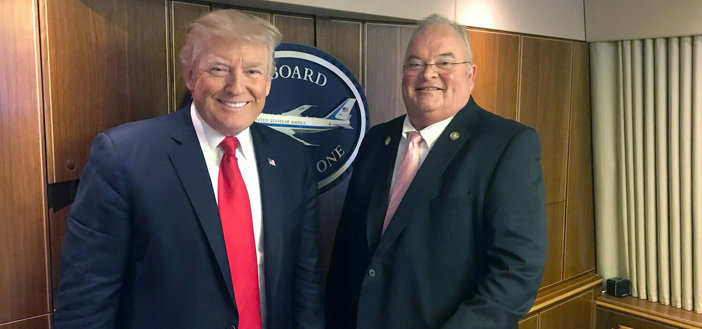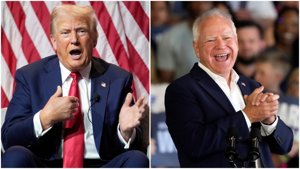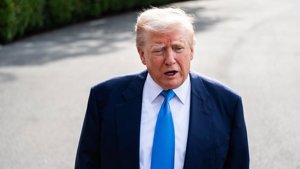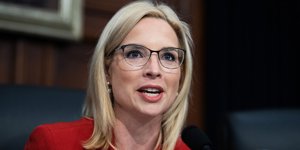
Senate Confirms Billy Long to IRS
Billy Long confirmed as IRS commissioner in 53–44 vote, aligning with Trump’s tax overhaul agenda.
In a move that reinforces President Donald Trump’s sweeping tax reform agenda, the Senate on Thursday confirmed former Representative Billy Long as the new commissioner of the Internal Revenue Service. The confirmation passed narrowly in a 53–44 vote along party lines, cementing Long’s place as the fifth person to lead the agency this year.
Long, a former auctioneer and U.S. congressman from Missouri’s 7th District, has been a vocal critic of the IRS. He now assumes leadership of the very agency he once advocated to dismantle. His confirmation comes at a pivotal moment as Trump accelerates plans to overhaul the federal tax system, including proposals to replace income taxes with national sales taxes and tariffs.
He replaces acting commissioner Michael Faulkender, who has been serving in the role while concurrently acting as deputy Treasury secretary. The IRS, like other federal institutions, has undergone significant downsizing through Trump’s Department of Government Efficiency (DOGE) initiative, which has aimed to streamline operations by reducing workforce size.
Long’s nomination was met with sharp criticism from Senate Democrats during last month’s Senate Finance Committee hearing. Lawmakers questioned his previous support for legislation that would abolish the IRS and implement a national sales tax in its place. They also raised concerns about his past promotion of tax credits—specifically the Employee Retention Tax Credit and certain "tribal tax credits"—suggesting potential conflicts of interest with his new responsibilities.
Defending his nomination, Long told senators he saw the commissioner role as an opportunity to enact what he described as “real, transformational change” in an agency that he believes “needs it more than any other.”
President Trump has long advocated for eliminating the IRS altogether, favoring a system centered around tariffs and simplified taxation. With Long in place, the president now has a commissioner who may align closely with that goal, further positioning the administration to push for deeper structural reforms.
While the confirmation is seen as a significant political victory for the White House, it also signals continued ideological shifts within federal financial oversight, especially as the administration continues reshaping institutions viewed as resistant to its reformist agenda.
As Long steps into his new role, attention will turn to how swiftly and aggressively the IRS implements the administration’s policy direction—and whether Long’s past efforts to curb the agency’s authority will now translate into operational changes from within.






